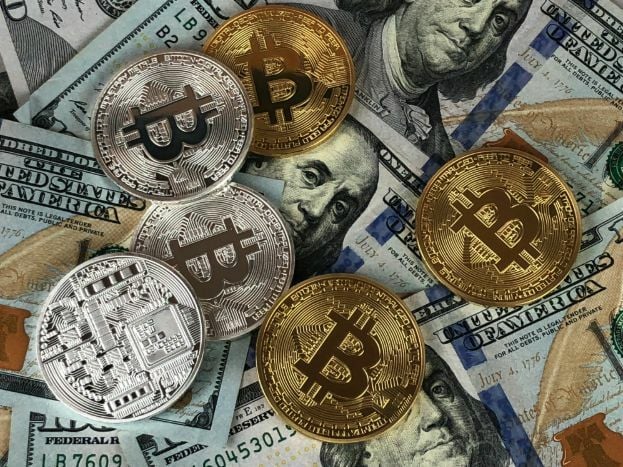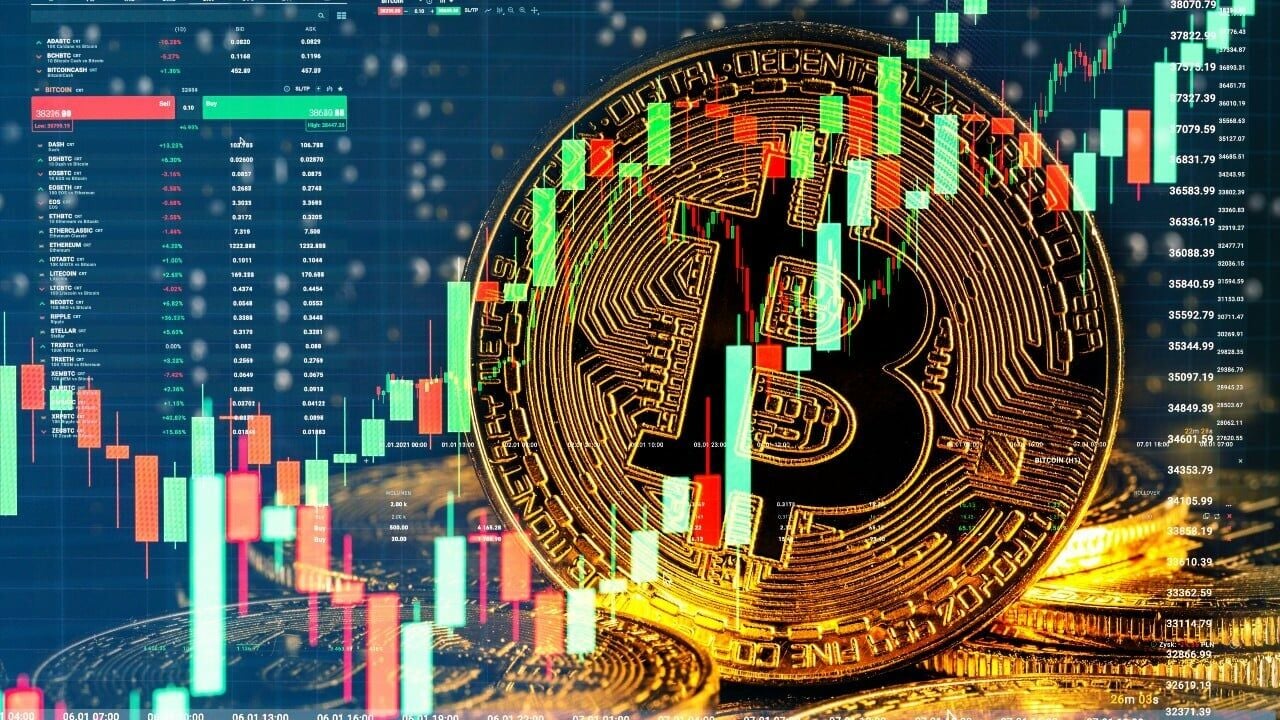Bitcoin to US Dollar exchange rate (BTC/USD)

Bitcoin (BTC) is the world’s most popular cryptocurrency, and its value against the US dollar (USD) fluctuates significantly. The BTC to USD exchange rate is determined by complex market forces that are influenced by several factors, such as Bitcoin’s supply and demand, US monetary policy, institutional investor demand, and global economic trends.
Bitcoin Supply and Demand
The price of BTC to USD is determined by the market’s supply and demand. Bitcoin has a limited supply of 21 million coins, which makes it different from the US dollar, which can be printed more by the US Federal Reserve (Fed).
If more people want to hold BTC, such as whales or companies that use BTC, the price will go up.
If too much BTC is sold, the price will go down.
In addition, major events such as the Bitcoin Halving, which occurs every four years, halve the miner’s reward and can reduce the supply in the long run, causing the price of BTC to increase against the USD.

The Role of the Dollar and the US Economy
The US dollar is the world’s leading currency and is used as a benchmark for trading Bitcoin. If the dollar strengthens (such as when the US Federal Reserve raises interest rates), BTC/USD could fall as investors will choose to hold cash over Bitcoin.
Conversely, investors may shift to holding more BTC if the dollar weakens, causing BTC/USD to rise.
Monetary Policy of the US Federal Reserve (Fed)
The US Federal Reserve plays a key role in determining the value of the dollar through monetary policy, such as:
Adjusting Interest Rates: If interest rates rise, investors shift to lower-risk assets such as government bonds, reducing demand for Bitcoin.
Economic Stimulus: If the US government prints money to stimulate the economy (such as during COVID-19), the dollar will weaken, and BTC/USD could surge.

The Role of Institutional Investors
In the past few years, institutional investors such as hedge funds and public companies have started investing more in Bitcoin, stabilizing the BTC/USD market.
The price tends to rise if there is news that large companies are investing in BTC.
The price could fall if institutions withdraw their investments or sell a large amount of BTC.
Bitcoin Volatility
BTC is a highly volatile asset, capable of changing its price by several per cent in a single day, due to:
- Speculation in the market
- Large-scale trading by large investors
- Government bans or regulations on Bitcoin
- Government regulations and their impact on BTC/USD
Bitcoin laws in different countries directly impact the BTC/USD exchange rate. For example:
If the US enacts legislation supporting BTC, such as allowing banks to hold BTC, the price could skyrocket.
If the government imposes restrictions on the use of BTC, such as banning mining or increasing taxes on holding, the price could drop.

The relationship between BTC and other assets
Bitcoin is often called “digital gold” because it is limited and cannot be created indefinitely.
If the price of gold rises, some investors may choose to invest in gold instead of BTC.
If the US stock market is likely to fall, some investors may switch to holding BTC instead of riskier assets such as stocks.
Latest Thailand News
Follow The Thaiger on Google News:


























